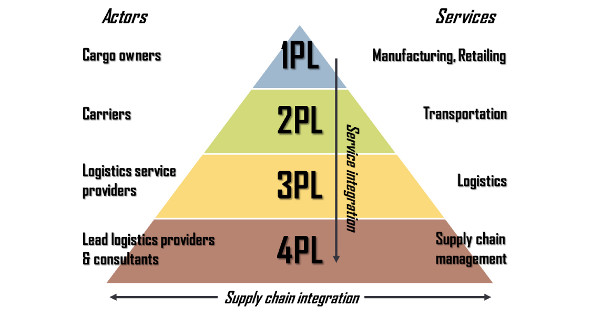A Comparison between 4PL and 3PL Models
The industry of inventory distribution and storage is extremely dynamic. The nature of products is always changing, such that logistics service providers have to reinvent their way of doing business regularly.
Just recently, this industry was being dominated by 3PL firms. However, 4PL firms have now emerged and this has contributed to multiple changes in the distribution and warehousing industry.
Looking for 3PL Services in Sydney
Since the terms 4PL and 3Pl are widely used in the logistics market, it is crucial to understand what they refer to. To start with, the term 3PL refers to 3rd party logistics. Basically, these are businesses that offer multiple logistics services. Most businesses outsource their functions to such logistics companies.

Rather than a business hiring multiple companies to fulfill functions in a supply chain, the business will just hire a single 3PL provider to fulfill most of its functions. The services they provide generally include packing services, distribution, contract warehousing, transportation, inventory management, and freight management.
The new entrants in the market, 4PLs, are a type of logistics arrangement whereby companies that outsource their functions in a supply chain to 3PLs additionally hire another company to specialize in coordinating and managing the activities being carried out by the 3PLs.
Hence, 4PLs have to posses lots of management capabilities and technological expertise to fulfill these services. This covers multiple customized distribution and warehousing services.
Today, businesses have to merge in a smart way and outsource some of their infrastructure and services. 3PLs often lack the capability to handle some requirements, and this is where 4PLs came in handy to fulfill all these requirements. Initially, 4PL was just a trademark.
It was described as an integrator of an organization’s assembling technology, capabilities, and resources with those of other organizations with the aim of design building and running comprehensive solutions in a supply chain.
Hence, the 4PL model mainly focuses on technological and analytical aspects of a supply chain. Such a logistics model is always evolving. It emphasizes more on providing customized services to both local and global businesses. Another key feature of 4PLs is that they offer more attractive prices, and this translates into increased profits for any business that utilizes 4PL services.
Recently, there has been an increase in the number of business firms that are going global. This has created an increasing need for logistics partners who are more capable than the regular suppliers. Contract warehousing, among other services, are the key functions offered by 4PL companies. These are some of the reasons that have contributed to an increase in the demand of 4PL services.
Thus, 4PLs are constantly evolving. They are offering smarter and better solutions for managing logistics. When compared to 3PL solutions, it is clear that the 4PL model of logistics offers more intelligent ways of getting products to consumers faster and they are more cost effective.
